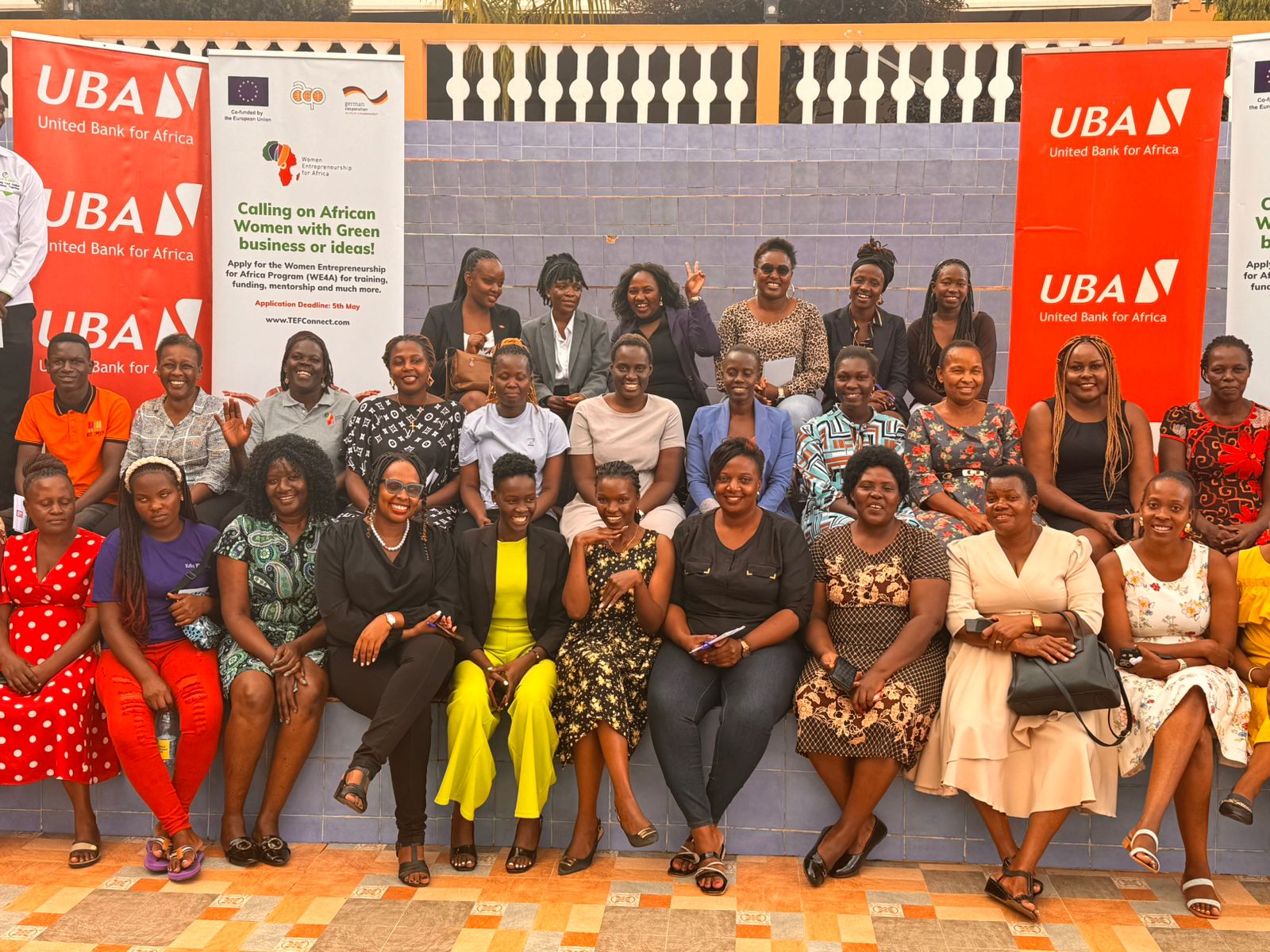Number of people applying for agricultural loans has increased during Covid-19- BoU
The number of loan requests received by commercial banks from the agricultural sector in Uganda has increased during the COVID-19 pandemic the Central Bank of Uganda has said.
“Amidst the Coronavirus pandemic, loan applications under the Agriculture Credit Facility (ACF) have increased, as well as requests for restructuring from firms about to go into distress,” said Rosette Bamwine, Head of Credit and Marketing for Bank of Uganda’s Agricultural Credit Facility.
Keep Reading
Bamwine made the remarks during a webinar organized by Absa Bank Uganda to discuss the outlook on agribusiness in Uganda in light of the Coronavirus pandemic.
She explained that a total of 72 projects worth Shs21.3 billion have had their loans restructured since April 2020, all of which were firms on the verge of financial distress as a result of the COVID-19 lockdown measures in the form of difficulties in gaining access to inputs due to transport restrictions and the ban on market activities.
All these, she said, are part of the Agricultural Credit Facility (ACF), an initiative set up by the government in 2009 and administered by the Central Bank in tandem with commercial banks to facilitate the provision of medium and long term financing to agriculture and agro-processing with the main focus on commercialisation and value addition.
The facility allows for a Shs2.1billion maximum loan amount to be issued to a single borrower with exceptions being made of up to Shs5billion on a case by case basis for eligible projects that add significant value to the agriculture sector and the economy as a whole.
The program had, before 2020, witnessed an increase in agriculture credit from Shs241.7 billion in 2009 to over Shs1.5 trillion in 2019, from 5.2% to 12 .9% respectively.
Of the affected firms that had their loans restructured under the scheme, those in agro-processing – which is the hardest hit – take up 35.7%, followed by on-farm activities at 34.8%, with marketing, fishing and forestry trailing.
”We have seen some stress as a result of the lockdown, but I maintain that this is one of the sectors where we should maintain cautious optimism with a leaning towards optimism. Food and specifically horticulture are a mainstay and present opportunities for consumption at both the local and regional level, and the question is how the policymakers and the financial institutions can increase the contribution of this sector to the economy,” said Absa Bank Uganda’s Managing Director, Mumba Kalifungwa.
He noted that the challenge presented is in how to grow the level of value-added within the sector, as this has remained low at an average of 2.7% between 2009 and 2017, despite the increase in credit funding available, indicating a need to step up efforts to develop agro industrialisation.
Tshepo Maeko, the head of Agriculture Sales Enablement for the Africa Region at Absa Group proposed that financial institutions, which mostly advance short-term loans to the sector, need to develop long-term facilities which will allow for the development of more arable land, more equipment and expertise and more infrastructure for an impactful effect on the economy.
The Insurance Regulatory Authority (IRA) Chief Executive Officer, Ibrahim Kaddunabbi Lubega recently said whereas the effects of Covid-19 have been adverse, the pandemic will be a blessing a disguise, especially to the agriculture sector.
Kaddunabbi explained that the regulator expects an increase in uptake for agriculture insurance as farmers look at ways of protecting themselves from such calamities.
“The demand for inclusive insurance solutions especially Agricultural Insurance is expected to grow as people look for more ways of hedging themselves against potential losses arising from risks such as floods, locusts, drought, among others.”



















